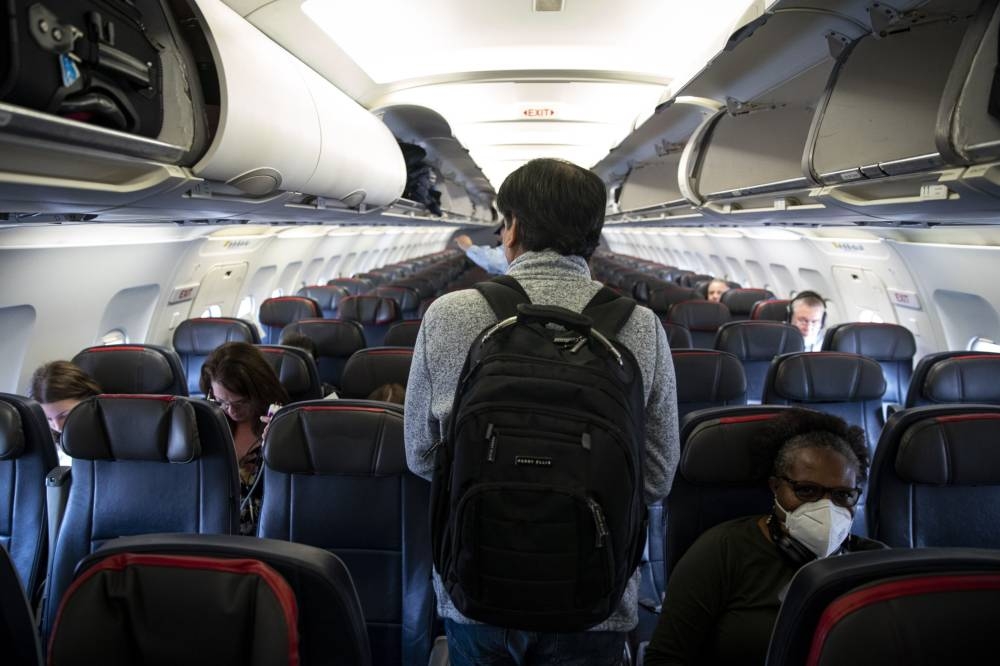
Increasing traffic, however, sees a worrying trend of a rise in unruly passenger incidents, which spiked in 2022 compared with the year before.
Recent IATA data show that there was one unruly incident reported for every 568 flights in 2022, up from one per 835 flights in 2021. The most common categorisations of incidents in 2022 were non-compliance, verbal abuse and intoxication.
Physical abuse incidents remain very rare, but these had an alarming increase of 61% over 2021, occurring once every 17,200 flights.
Unruly passenger incidents will have a significant impact on the airline industry. These include disruption of flight operations, safety and security concerns, and increased costs, regulatory and legal consequences.
When an unruly passenger disrupts the normal course of a flight, it leads to delays or even diversions. Pilots and crew members will then need to take immediate action to ensure the safety and security of all passengers, which results in unplanned landings or changes in flight routes.
Obviously, this disruption causes inconvenience to other passengers and lead to scheduling challenges for the airline.
“The increasing trend of unruly passenger incidents is worrying,” IATA, the global body of airlines, says.
IATA’s deputy director general Conrad Clifford noted: “Passengers and crew are entitled to a safe and hassle-free experience on board. For that, passengers must comply with crew instructions. While our professional crews are well-trained to manage unruly passenger scenarios, it is unacceptable that rules in place for everyone’s safety are disobeyed by a small but persistent minority of passengers. There is no excuse for not following the instructions of the crew.”
Although non-compliance incidents initially fell after the mask mandates were removed on most flights, the frequency began to rise again throughout 2022 and ended the year some 37% up on 2021. The most common examples of non-compliance were smoking of cigarettes, e-cigarettes, vapes and puff devices in the cabin or lavatories, failure to fasten seat belts when instructed, exceeding the carry-on baggage allowance or failing to store baggage when required and consumption of own alcohol on board.
The association has put in place a two-pillar strategy for the much needed zero-tolerance approach to unruly behaviour. This revolves round regulation and guidance to prevent and de-escalate incidents.
Regulation: Ensure governments have the necessary legal authority to prosecute unruly passengers, regardless of their state of origin and to have a range of enforcement measures that reflect the severity of the incident.
Such powers exist in the Montreal Protocol 2014 (MP14), and IATA is urging all states to ratify this as soon as possible. To date, some 45 nations comprising 33% of international passenger traffic have ratified MP14.
Guidance to prevent and de-escalate incidents: Prevent incidents through collaboration with industry partners on the ground (such as airports, bars and restaurants and duty-free shops), including for example awareness campaigns on the consequences of unruly behaviour.
Additionally, share best practices, including training, for crew to de-escalate incidents when they occur. A new guidance document was published (in 2022) gathering best practices for airlines and providing practical solutions to governments on public awareness, spot fines, and fixing jurisdiction gaps.
“In the face of rising unruly incident numbers, governments and the industry are taking more serious measures to prevent unruly passenger incidents. States are ratifying MP14 and reviewing enforcement measures, sending a clear message of deterrence by showing that they are ready to prosecute unruly behaviour. For the industry’s part, there is greater collaboration. For example, as the vast majority of intoxication incidents occur from alcohol consumed prior to the flight, the support of airport bars and restaurants to ensure the responsible consumption of alcohol is particularly important.
“No one wants to stop people having a good time when they go on holiday—but we all have a responsibility to behave with respect for other passengers and the crew. For the sake of the majority, we make no apology for seeking to crack down on the bad behaviour of a tiny number of travellers who can make a flight very uncomfortable for everyone else,” Clifford added.
Collaborative efforts among airlines, regulatory bodies, and law enforcement agencies are therefore crucial to maintain safety, security, and the overall integrity of the airline industry.


